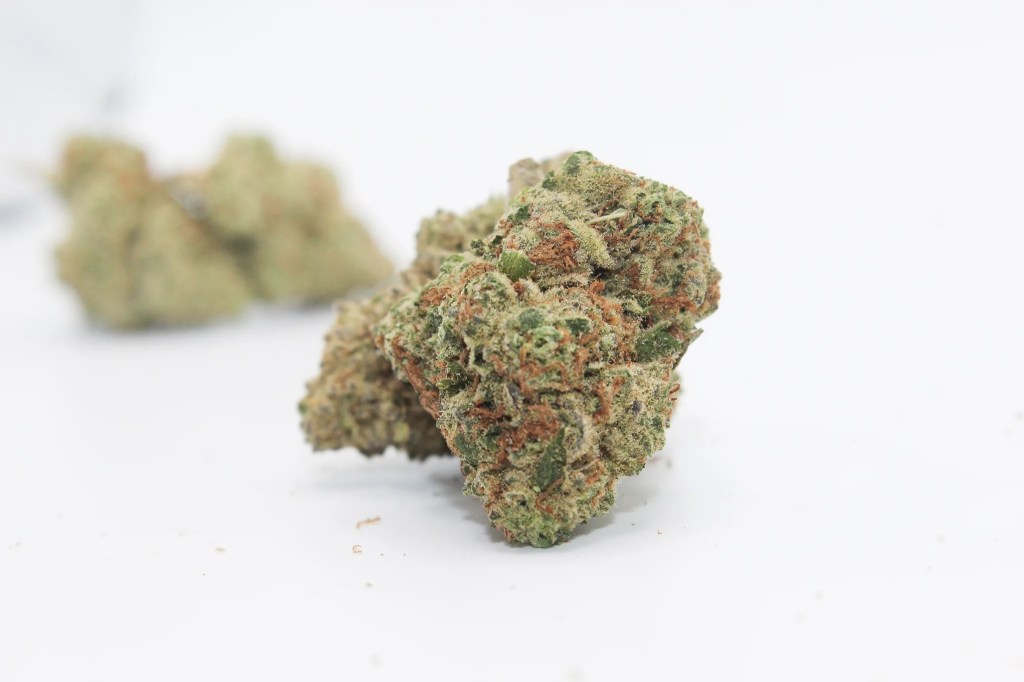Hemp bill loophole puts THC on shelves
Published 6:15 am Wednesday, May 1, 2024

- The cannabis plant that produces hemp does not contain THC; however, some cultivators have discovered ways to grow hemp that contain a small amount of THC. (File)
Low-level marijuana sold in county stores
A loophole in a 2018 bill has allowed actual marijuana to be sold legally at local convenience stores and Lafayette County Metro Narcotics has seen its fair share of the products in the hands of children.
The Farm Bill allows for the cultivation and production of hemp – the plant that produces cannabis. The plant itself does not contain THC; however, some cultivators have discovered ways to grow hemp that contain a small amount of THC. As long as the THC remained under .03 percent, it can be sold in stores across Mississippi.
Alex Fauver, commander of the Metro Narcotics Unit, said the problem stems from the lack of regulation of the product, commonly known as THCa.
“There is no telling where it’s coming from, whether it’s coming from overseas or what,” Fauver said. “No one is regulating it.”
The product looks like marijuana, but is also sold in other forms, including oils, vape products, edibles and topicals. The product’s THC levels increase when heat is applied.
Fauver said the Metro Narcotic Unit has been buying the product from local gas stations and convenience stores and sending the product off for testing to make sure the THC level is .03 or below.
“It’s costly and takes a long time,” he said. “But we have so far charged a couple of local businesses for selling products over the legal amount.”
Fauver said he could not release the name of the businesses or those charged at this time, as they are part of an ongoing investigation.
He said he and his department, as well as other local law enforcement officers have seen these products in the hands of minors and, in some cases, the kids are winding up in an emergency room or doctor’s office.
“They eat a gummy and then don’t feel anything, so they eat more and then eat another one,” he said.
Mississippi legislatures are considering House Bill 1676, which would implement regulations over these “intoxicating hemp” products by holding those products to the same standards governing Mississippi’s medical marijuana.
Part of the bill would take the products off the shelves at gas stations and convenience stores and put them into medical marijuana dispensaries. Consumers would not need a medical marijuana card to purchase the THCa products, but they would be more regulated and, assumingly, safer.
It would also reduce the locations where it can be sold from nearly 2,000 to approximately 150 existing medical facilities.





